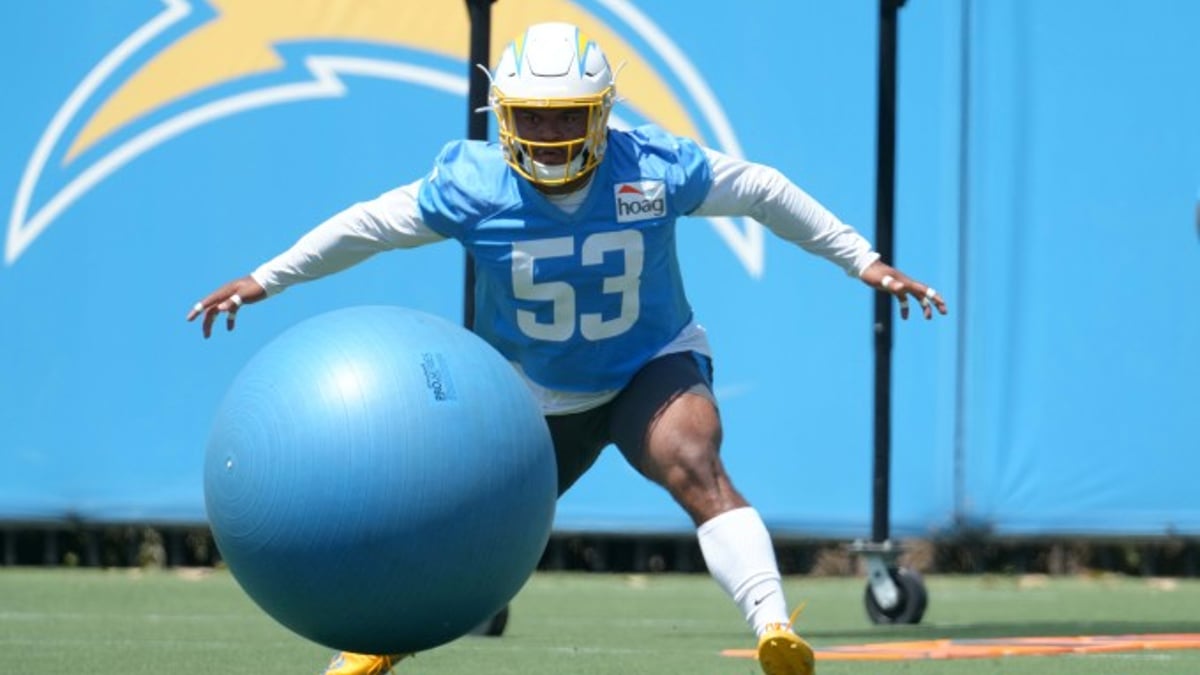California Sports Betting Battle Heats Up

With the Nov. 8 election approaching, the California Democratic Party has taken sides in the fight to legalize sports betting in the state.
The party recently voted to oppose Proposition 27, a ballot question that would allow bettors to use mobile apps to wager on sports from anywhere in the state.
The party did not take a stance on Proposition 26. This ballot measure would legalize in-person betting inside the state’s tribal casinos and four horse tracks — but not on mobile apps.
California Democrats aren’t the only ones from that party weighing in.
Next door in Nevada, where mobile and in-person sports betting is legal, Clark County Commissioner Tick Segerblom said in a tweet the tribes are trying to “control” sports betting in the Golden State.
Segerblom is a Democratic former Nevada legislator who led the movement to change the Las Vegas airport’s name to honor former U.S. Senate Majority Leader Harry Reid, also a Democrat.
“Native Americans want to control California sport betting — or at least ensure they wind up with the bigger piece of the action,” Segerblom tweeted.
Billions Wagered
The California Democratic Party is the latest group to jump into the battle to control sports betting in California, the nation’s most populous state with almost 40 million residents.
Right now, the largest state with sports betting is New York, with about half of California's population.
New York is a good example of the potential revenue bonanza awaiting California if sports betting is legalized.
In New York, mobile sports betting has generated almost $9 billion in bets placed since getting underway on Jan. 8. The state has collected $312.5 in taxes from mobile betting since then.
Four upstate New York commercial casinos with on-site sportsbooks bring in additional revenue, though not nearly as much mobile apps generate.
With its large population, California is expected to far outpace New York in the amount of money bet on sports. The state is home to several popular college and professional sports teams, including three in the NFL — the San Francisco 49ers, Los Angles Rams and Los Angeles Chargers.
Sports betting is illegal in the second most populous state, Texas, and is legal but not operational in Florida, the state with the third largest number of residents.
Mobile Apps Allowed Under Prop 27
Proposition 27, the initiative to legalize mobile sports betting, is backed by national online sportsbooks such as FanDuel, DraftKings and BetMGM. Also supporting it are BallyBet, Barstool, Fanatics, and WynnBET Sportsbook
The initiative is called the “California Solutions to Homelessness and Mental Health Act.”
After regulatory costs, 85% of tax revenue from mobile sports betting would go to homelessness programs, with 15% going to nonparticipating tribes.
This proposed constitutional amendment qualified in June to be on Nov. 8 statewide ballot.
If approved, national online sportsbooks would be able to partner with the state’s tribes in making mobile apps available to anyone who is at least 21 years old.
Tribes Support Only In-Person Betting
Earlier in the spring, a competing sports betting initiative qualified to appear before voters on the November ballot.
This ballot question, Proposition 26, is called the "California Sports Wagering Regulation and Unlawful Gambling Enforcement Act."
It would permit roulette, dice games and on-site sports betting inside tribal casinos that already offer card games such as blackjack.
Across California, 66 tribal casinos are in operation, according to the state Gambling Control Commission. The state is home to 109 federally recognized tribes.
The state’s four thoroughbred race tracks also would be allowed to open sportsbooks at those sites for people betting in person.
The tribes backing this ballot question are against mobile betting.
However, at least three tribes support the use of mobile apps to bet on sports. These are the Big Vally Band of Pomo Indians, the Middletown Rancheria of Pomo Indians and the Santa Rosa Rancheria Tachi Yokut Tribe.
Legal Fight Expected
Both sides in the sports betting battle are waging costly advertising campaigns to sway voters going into the November election.
The battle to win votes is expected to be among the most expensive in California history, running in the hundreds of millions of dollars on each side.
If voters approve both measures, both would be implemented unless they are in conflict with each other, according to published accounts.
If a conflict exists, the one with the higher total of “yes” votes would take effect. Either way, the matter is expected to be resolved in court after the election.
Be first to get our exclusive sports offers!
Join today to stay up to date on your states gambling news and offers.












